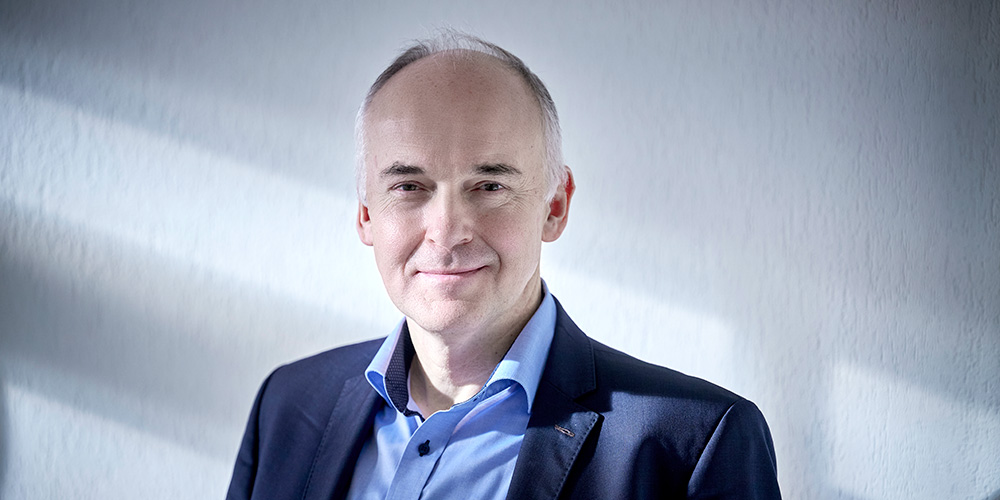The animal keepers of the Department of Biomedicine at the Mattenstrasse site have won the Swiss 3RCC Culture of Care Award. They have succeeded in significantly reducing the number of surplus laboratory animals.
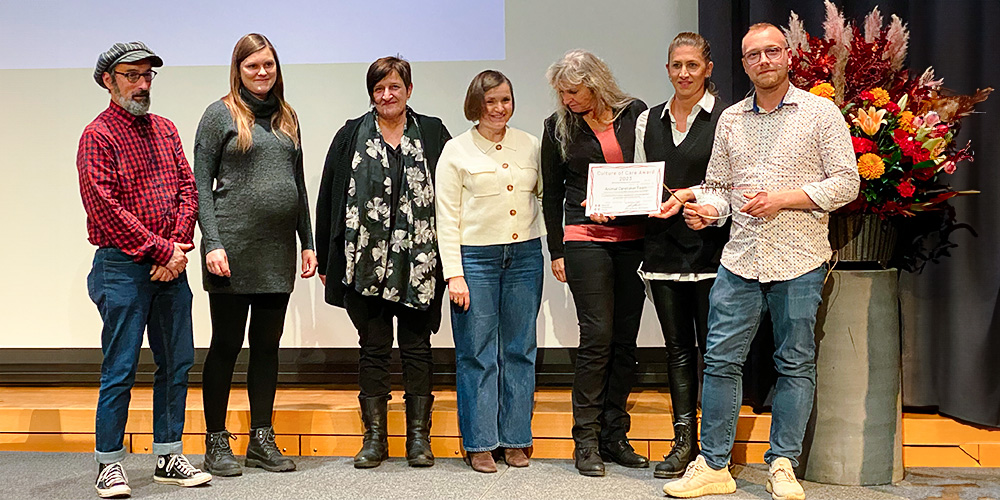
For children, the world is full of surprises. Adults, on the other hand, are much more difficult to surprise. And there are complex processes behind this apparently straightforward state of affairs. Researchers at the University of Basel have been using mice to decode how reactions to the unexpected develop in the growing brain.
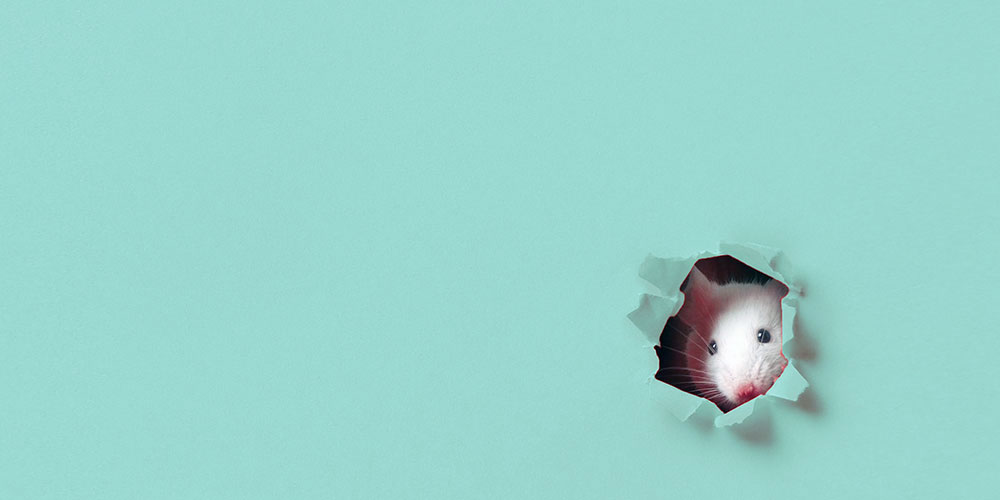
Artificial intelligence (AI) can reliably detect emotions based on facial expressions in psychotherapeutic situations. The AI system is also able to reliably predict therapeutic success in patients with borderline personality pathology.
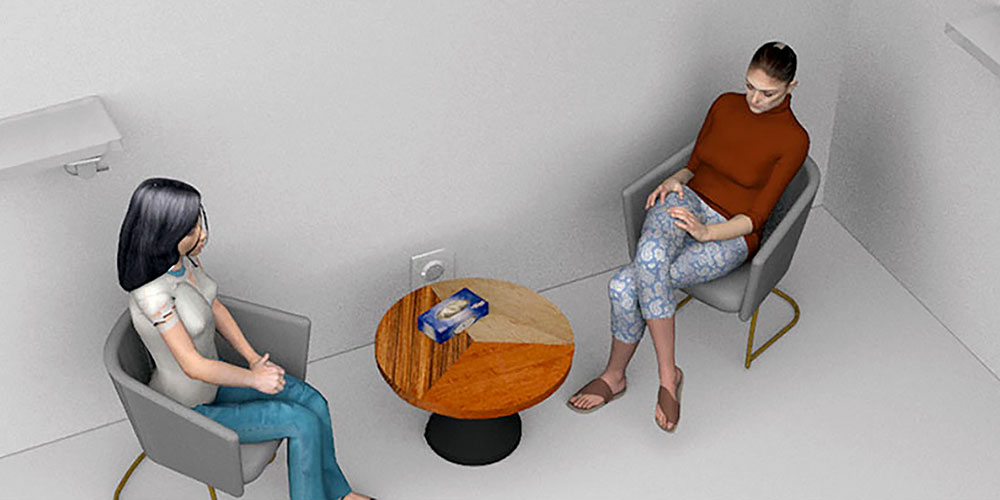
Light in the evening is thought to be bad for sleep. However, does the color of the light play a role? Researchers from the University of Basel and the Technical University of Munich (TUM) compared the influence of different light colors on the human body. The researchers’ findings contradict the results of a previous study in mice.

The University Council has elected Kirsten Mertz as Professor of General Pathology and Felix Mahfoud as Professor of Cardiology.
Antibiotics have no effect on viruses, and that includes the coronavirus. Yet in the first year of the pandemic, primary care physicians in Switzerland prescribed antibacterial medications twice as frequently as before, report researchers at the University of Basel. A risky practice, warns the research team.

The Canadian mathematician Jacob Tsimerman has been awarded the International Ostrowski Prize in Higher Mathematics 2023. The Ostrowski Prize is worth 100,000 Swiss Francs and named after Alexander M. Ostrowski, a professor of mathematics who taught at the University of Basel.
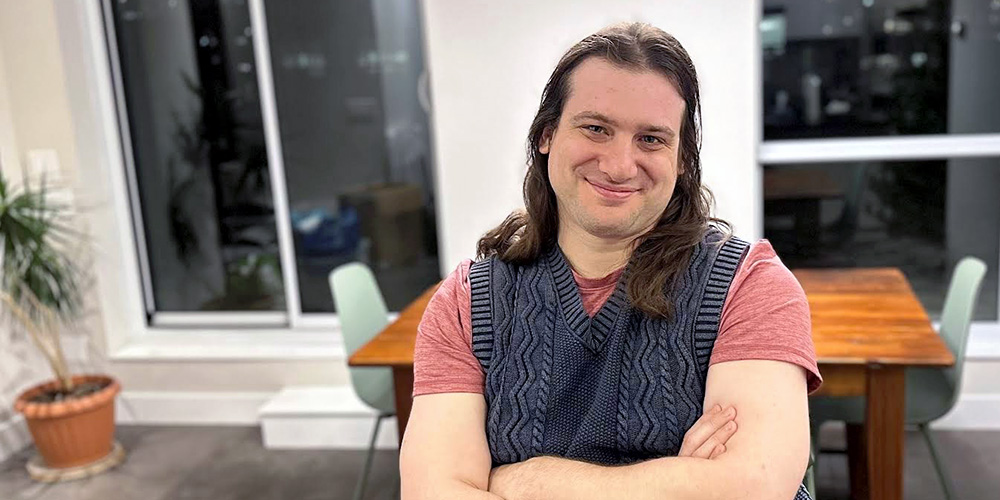
Many reports from antiquity about outbreaks of plague mention Egypt as the source of pestilences that reached the Mediterranean. But was this really the case? Researchers from the University of Basel are conducting a critical analysis to add some context to the traditional view.

The Committee of the Foundation Council of the Swiss National Science Foundation (SNSF) has elected Professor Torsten Schwede as the new President of the SNSF Research Council. The current Vice President for Research at the University of Basel will take office on 1 January 2025.
